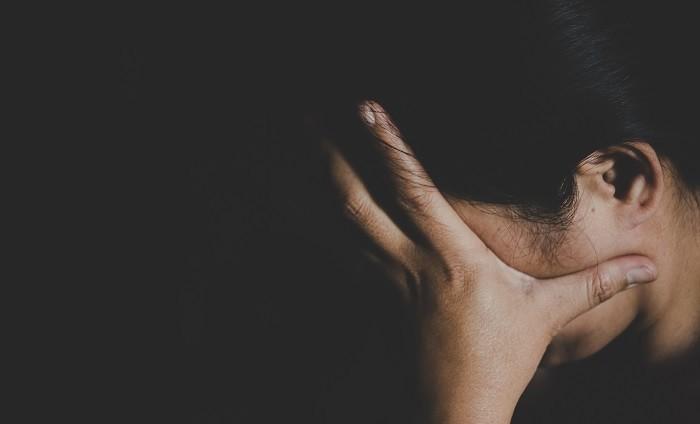As the weather gets colder and the sun gradually shortens, if the mood becomes worse, then it is possible to suffer from "winter depression".
In 1984, a team of researchers at the National Institute of Mental Health first discovered "winter depression."
They found that this trend has seasonal mood and different degrees of behavioral changes, sometimes mild changes, sometimes severe mood changes, also known as seasonal affective disorder (SAD).
The reason may be that less natural light is obtained at this time. It is believed that when sunshine decreases, the daily rhythm of the body is not synchronized with it.
Some people are depressed throughout the year and worse in the winter; others have only SAD and are depressed only during the colder, longer-cycle months (a small percentage of people are depressed in the summer).

Image source: Stand Cool Helo
Some experts say SAD affects 3 percent of the U.S. population, or about 9 million people, while countless others have a milder winter downturn.
Symptoms of SAD include:
Excessive sleep;
Daytime fatigue;
Weight gain;
Decreased interest in social activities and sexuality.
SAD is more common in northern latitudes and may be hormonal, with a higher incidence in women than in men. Postmenopausal women are less likely to develop SAD.
Should the dose of antidepressants be increased?
Increasing the dose of the drug may help, but consult a doctor. Do not increase the dose without authorization, a doctor should be asked to evaluate the condition and consult whether more medications are needed or if different antidepressants may be needed.
According to a study in biopsychiatry, medication may be helpful before the fall before a downturn in mood.
In 3 different studies, SAD patients who started taking drugs in the winter were less likely to develop depression in the winter than those who started taking a placebo in the fall.
Should I attend more psychotherapy in the winter?
Attending additional psychotherapy or joining a support group can help.
Another approach suggested by some therapists is to do "homework" during formal psychotherapy.
This includes taking a mood log to identify negative emotions, analyzing them and trying to assess them, after which negative thoughts are changed.
Minimize the tendency to be harshly critical of yourself when you feel frustrated.
Trying to stop "rumination" (repeatedly recalling disturbing events, or perceived shortcomings) will only make people feel worse.
Aside from moving to the tropics, what else is good for winter depression?
Light therapy has been shown to be effective in treating seasonal depression.
This method can be used in combination with talk therapy, antidepressants, and hormone melatonin supplements to help synchronize the body clock.
Light therapy involves irradiation indoors for about 20-30 minutes each morning with a 10,000 lux light box.
Ask the doctor what type of lightbox he prefers and get specific instructions on when to use it and when to use it.
Choosing to exercise outdoors on sunny days can also help some depressed people.
Exercising regularly, staying social and talking to friends can also help.
Resist the urge to overeat.
Most experts recommend foods that contain plenty of protein and complex carbohydrates in your diet, such as whole grain products and starchy vegetables (rather than simple carbohydrates like candy and soda).
*The content of this article is a popularization of health knowledge and cannot be used as a specific diagnosis and treatment recommendation, nor is it a substitute for face-to-face consultation by a practicing physician, for reference only.
*The copyright of this article belongs to Tencent Medical Code, unauthorized media reprinting is prohibited, and illegal reprinting will be investigated for legal responsibility according to law. Individuals are welcome to forward to the circle of friends.
* Welcome to WeChat search and pay attention to the public account "Tencent Medical Code" to get more health science knowledge.